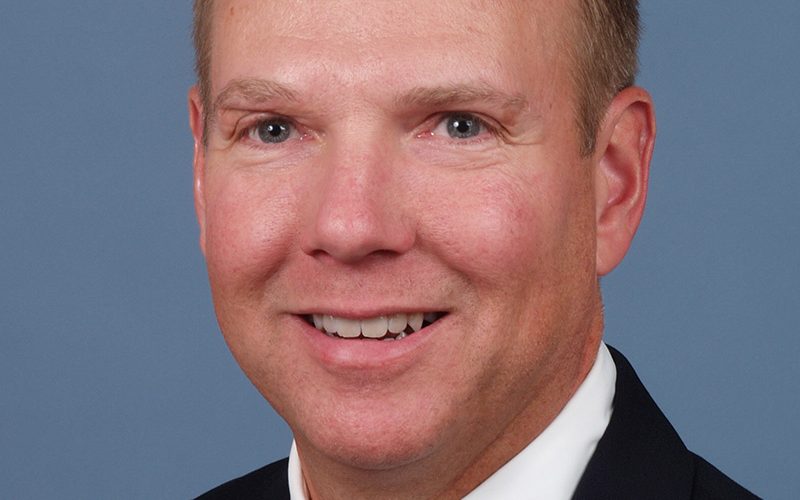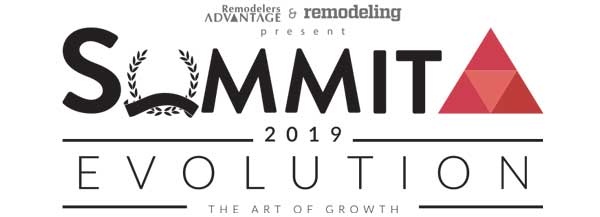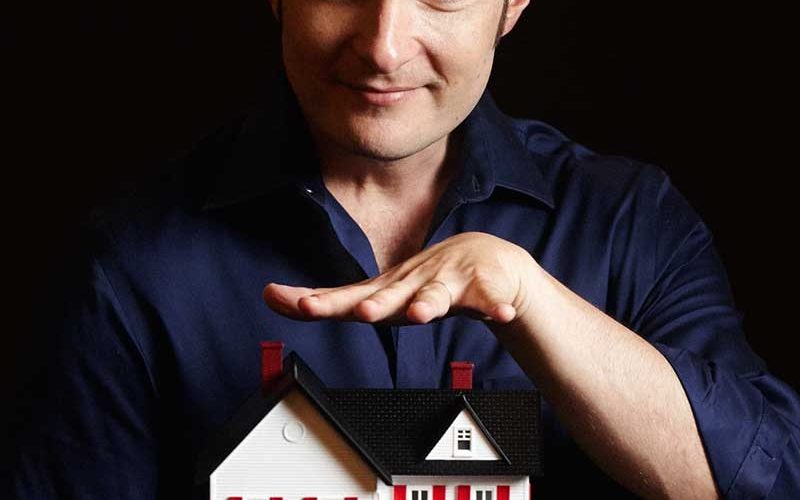Ep.76: [Unscripted Back-Up] Managing Your Customers with Chip Doyle
It’s time for another Unscripted Back-Up. It’s a chance to revisit some of our best and most informative episodes. They’re jam-packed with information you can use — so if you missed it the first time around, here’s your chance to catch up.
This is one of our most popular episodes, and digs in to a part of your remodeling business that few people really consider — managing your clients.
If you — and especially your designers — aren’t managing those customers you’re wasting time and losing out on potential profits, says Chip Doyle.
In this episode, Victoria, Mark and Chip discuss how to speed up the hand off from design to production. Effectively managing client expectations, setting clear goals and deadlines, and guiding clients intentionally, gets you out of having projects park in design and selections.
Chip has been in the sales industry for 29 years, and training with Sandler for nearly 17 years. He’s a sought-after speaker and co-authored Selling to Homeowners The Sandler Way. Chip has a licensed training center and trains companies of all sizes in Pleasant Hill, CA, helping them reach their full potential, exceed expectations and continue to grow.
Empowering designers to guide, and ultimately lead, clients through the design process can increase your profits by 25 percent. Some of the ways to get there include:
- Cutting design time in half, without cutting corners
- Giving designers the right role models
- Managing “genius attacks”
- Setting clear meeting goals and timely next steps
- The importance of deadlines — for clients
- Getting projects through that would otherwise stall
- The traits to look for in a designer — toss the DISC assessment
- And much more …
Need More Help?
If your designers, project managers, and other customer-facing team members need guidance on how to deliver excellent client services effectively, Chip is leading a course, Client Management Training for Designers & Architects, to address it all. It’s not a sales course, it’s specifically designed to give your team members the skills they need to get selections and designs past the bottleneck and into production, while creating and excellent customer experience.














